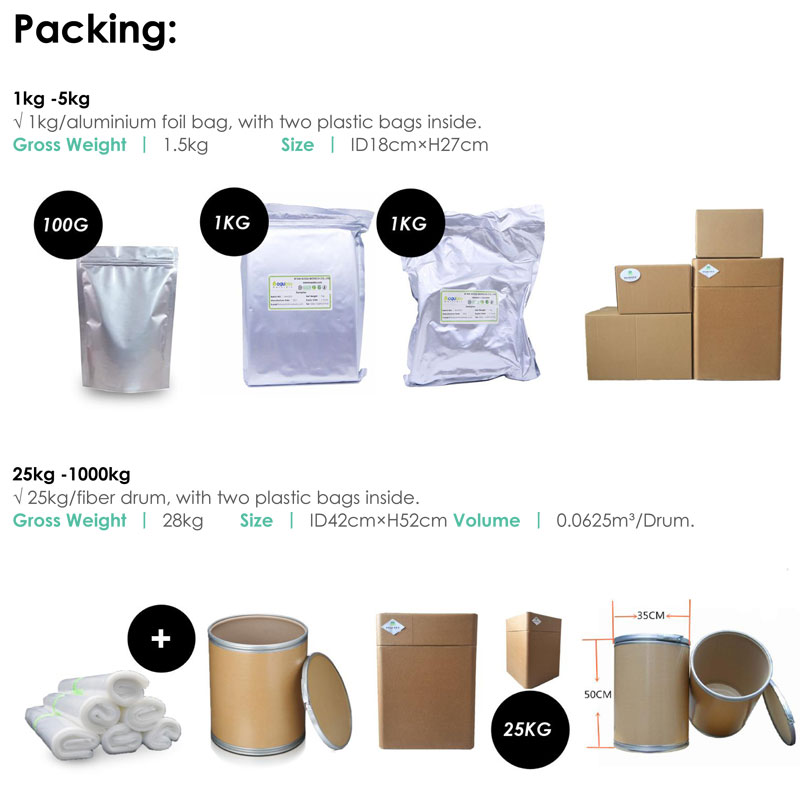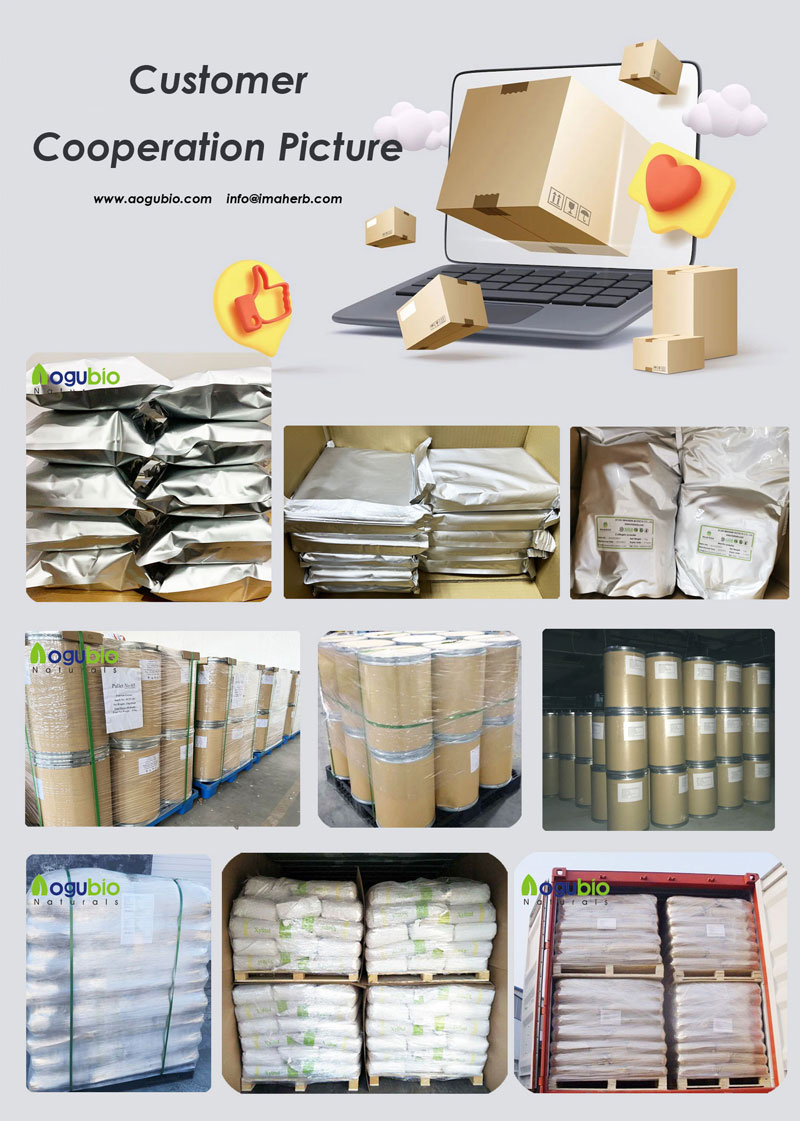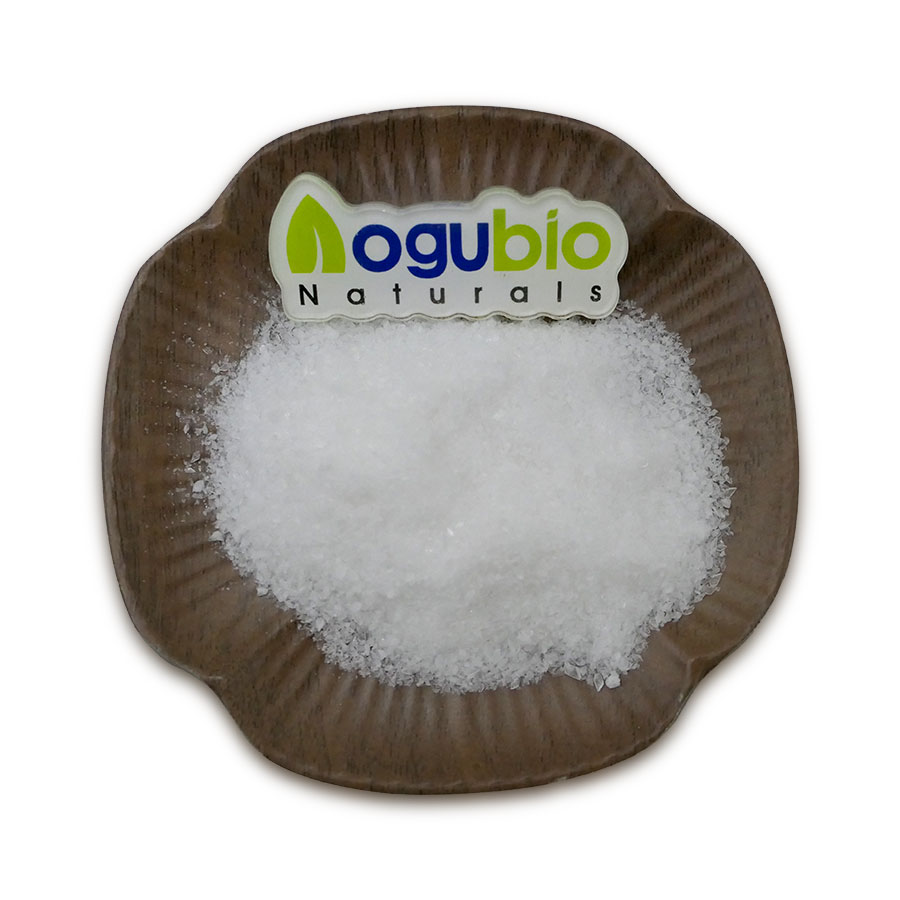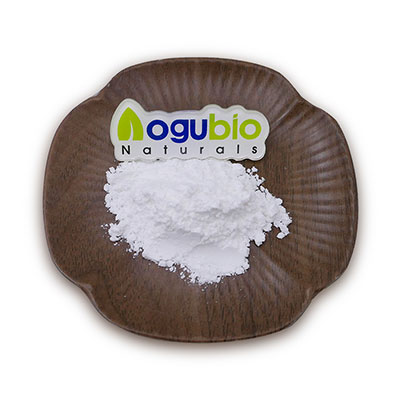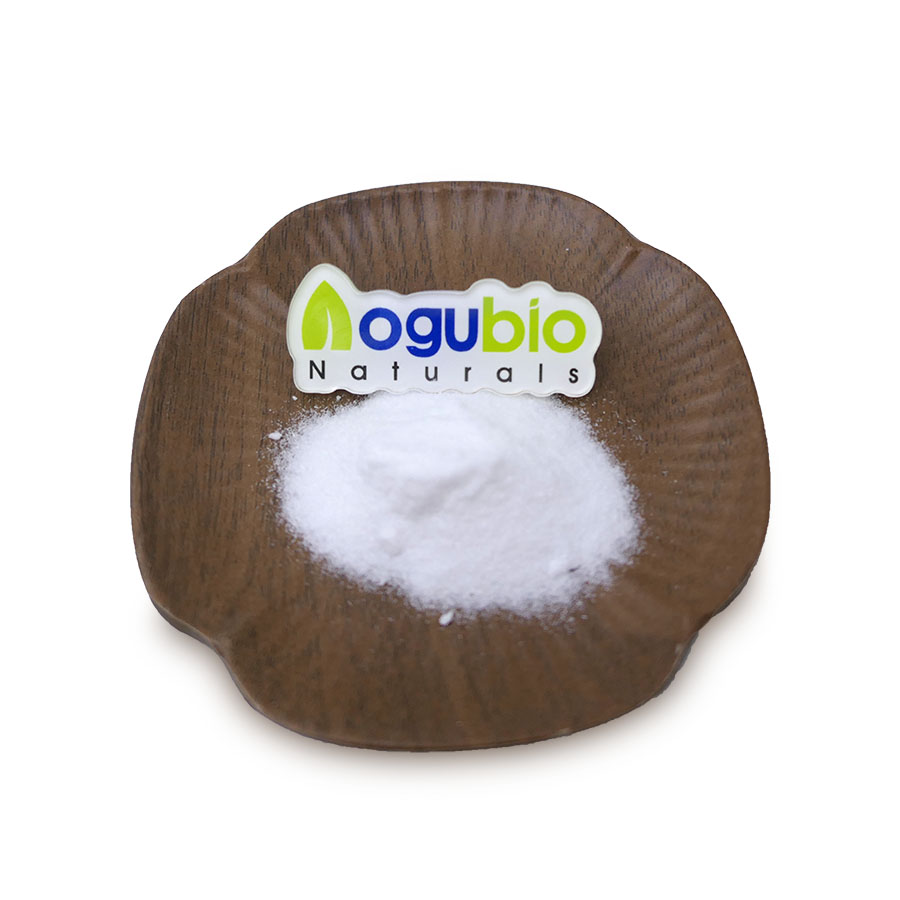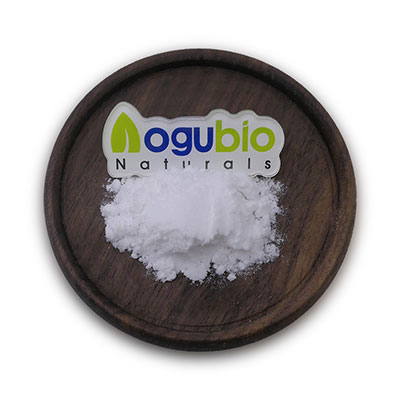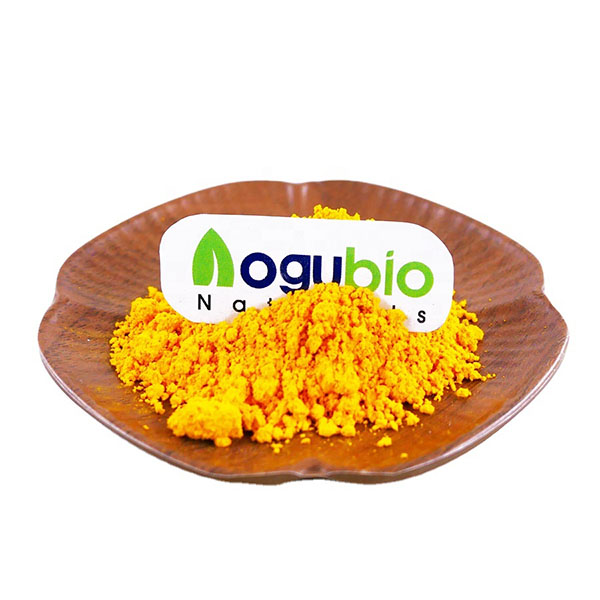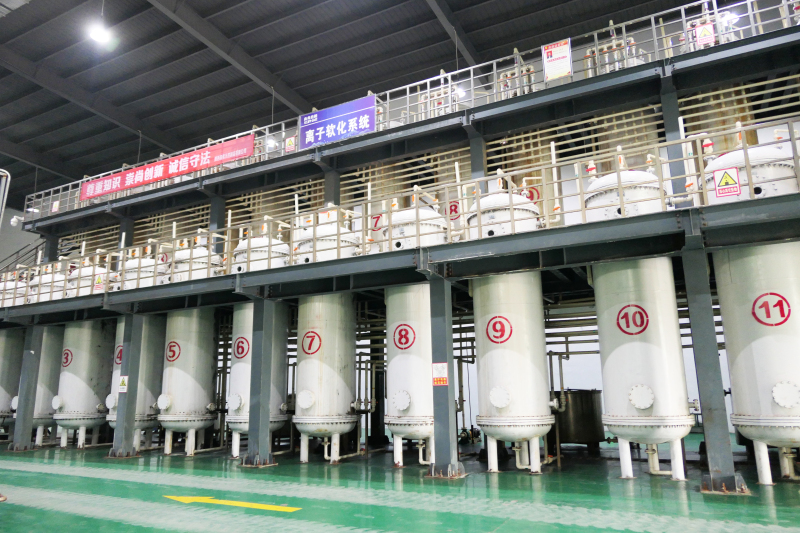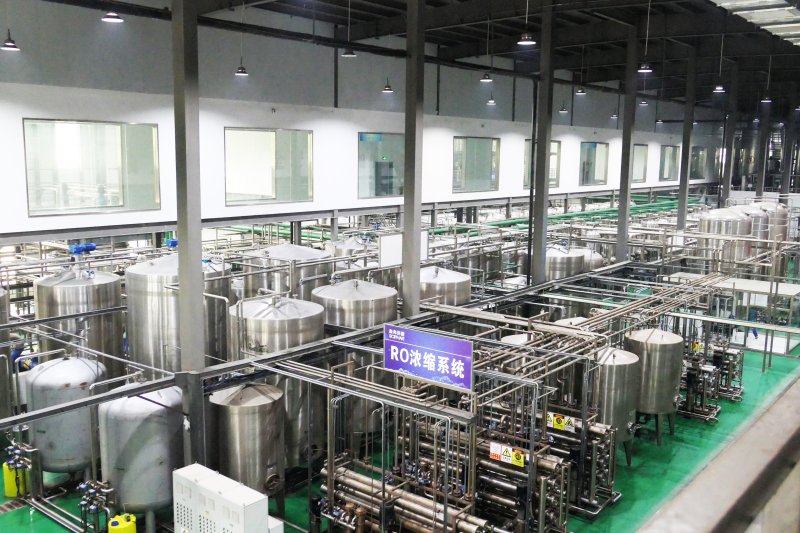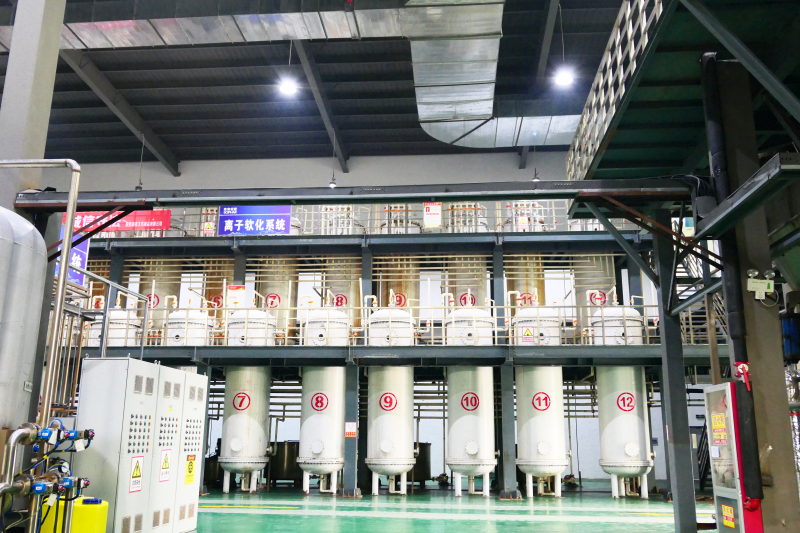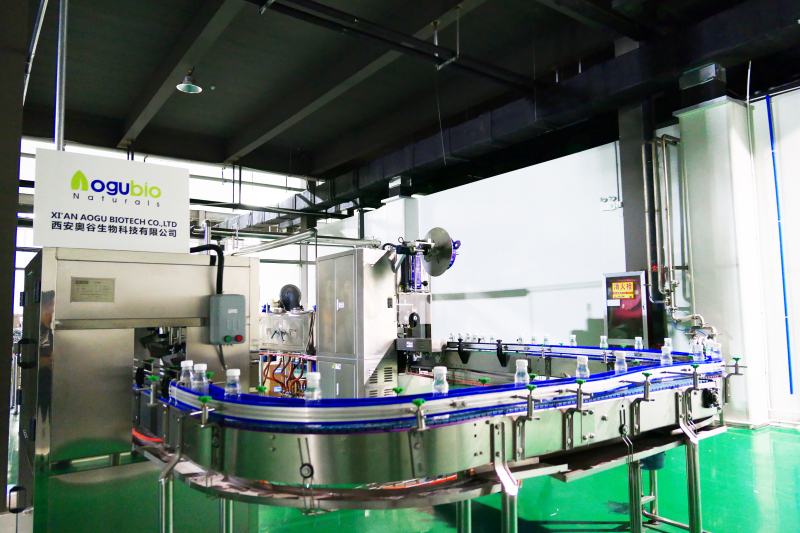N-Acetylcysteine and its Potential for Preventing Drug-Induced Liver Damage
N-Acetylcysteine (NAC) is commonly available in capsule or powder form and has gained recognition for its potential in preventing drug-induced liver damage. The liver is a vital organ responsible for metabolizing drugs and toxins, and prolonged exposure to certain medications can lead to liver injury. In this article, we will explore the benefits of N-Acetylcysteine and how it can potentially protect the liver from drug-induced damage.
N-Acetylcysteine, a precursor to the amino acid cysteine, is known for its antioxidant properties. It acts by replenishing glutathione, a potent antioxidant naturally present in the body, thus protecting cells from oxidative stress. This mechanism of action makes NAC a promising candidate for preventing drug-induced liver injury, as oxidative stress plays a crucial role in the development of liver damage.
Several studies have shown the potential of N-Acetylcysteine in preventing liver damage caused by various medications. For instance, acetaminophen (paracetamol) is a widely used analgesic that can cause severe liver injury in cases of overdose. NAC has been demonstrated to effectively mitigate acetaminophen-induced hepatotoxicity by preventing the depletion of glutathione, minimizing oxidative stress, and reducing the production of toxic metabolites.
In addition to acetaminophen, other drugs such as nonsteroidal anti-inflammatory drugs (NSAIDs), statins, and certain antibiotics have been associated with hepatotoxicity. N-Acetylcysteine has shown promise in protecting against liver damage induced by these medications as well. By neutralizing toxic metabolites, reducing inflammation, and promoting liver cell regeneration, NAC can potentially prevent the progression of drug-induced liver damage and preserve liver function.
Furthermore, N-Acetylcysteine has been studied for its usefulness in preventing liver damage in individuals with certain medical conditions. For example, individuals with chronic hepatitis C infection often face an increased risk of developing liver fibrosis and cirrhosis. Studies have shown that NAC supplementation can improve liver function in these patients, as it helps to reduce inflammation and oxidative stress.
Apart from its liver-protective properties, N-Acetylcysteine has been investigated for its potential in treating other conditions such as respiratory disorders, psychiatric disorders, and substance abuse. It has been used as a mucolytic agent in conditions like chronic obstructive pulmonary disease (COPD) and cystic fibrosis, where it helps to break down mucus and improve airway clearance. Additionally, NAC has shown promise in managing psychiatric disorders such as bipolar disorder and obsessive-compulsive disorder due to its role in modulating glutamate levels in the brain.
In conclusion, N-Acetylcysteine in capsule or powder form holds potential for preventing drug-induced liver damage. Its antioxidant properties and ability to replenish glutathione make it an effective candidate for mitigating oxidative stress and reducing liver injury caused by certain medications. Furthermore, NAC has shown promise in treating other medical conditions such as respiratory and psychiatric disorders. However, it is essential to consult a healthcare professional before starting N-Acetylcysteine supplementation as there may be individual variations in dosage and suitability.
Product Description
N-acetyl cysteine (NAC) comes from the amino acid L-cysteine. Amino acids are building blocks of proteins. NAC has many uses and is an FDA approved drug.
N-acetyl cysteine is an antioxidant that might play a role in preventing cancer. As a drug, it's used by healthcare providers to treat acetaminophen (Tylenol) poisoning. It works by binding the poisonous forms of acetaminophen that are formed in the liver.
People commonly use N-acetyl cysteine for cough and other lung conditions. It is also used for flu, dry eye, and many other conditions, but there is no good scientific evidence to support many of these uses. There is also no good evidence to support using N-acetyl cysteine for COVID-19.
N-Acetyl-L-Cysteine is an amino acid, can be transformed from the body of methionine, cystine can be transformed with each other. N-Acetyl-l-cysteine can be used as a mucilagenic agent. It is suitable for respiratory obstruction caused by a large amount of phlegm obstruction. In addition, it can also be used for detoxification of acetaminophen poisoning.
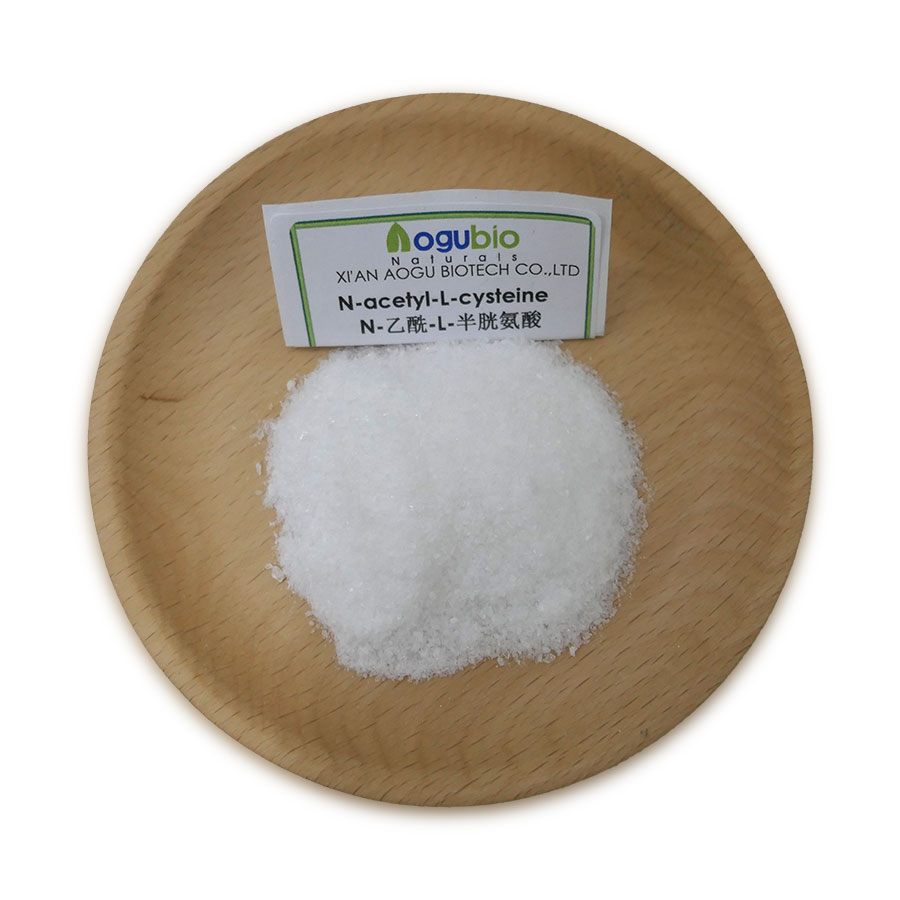
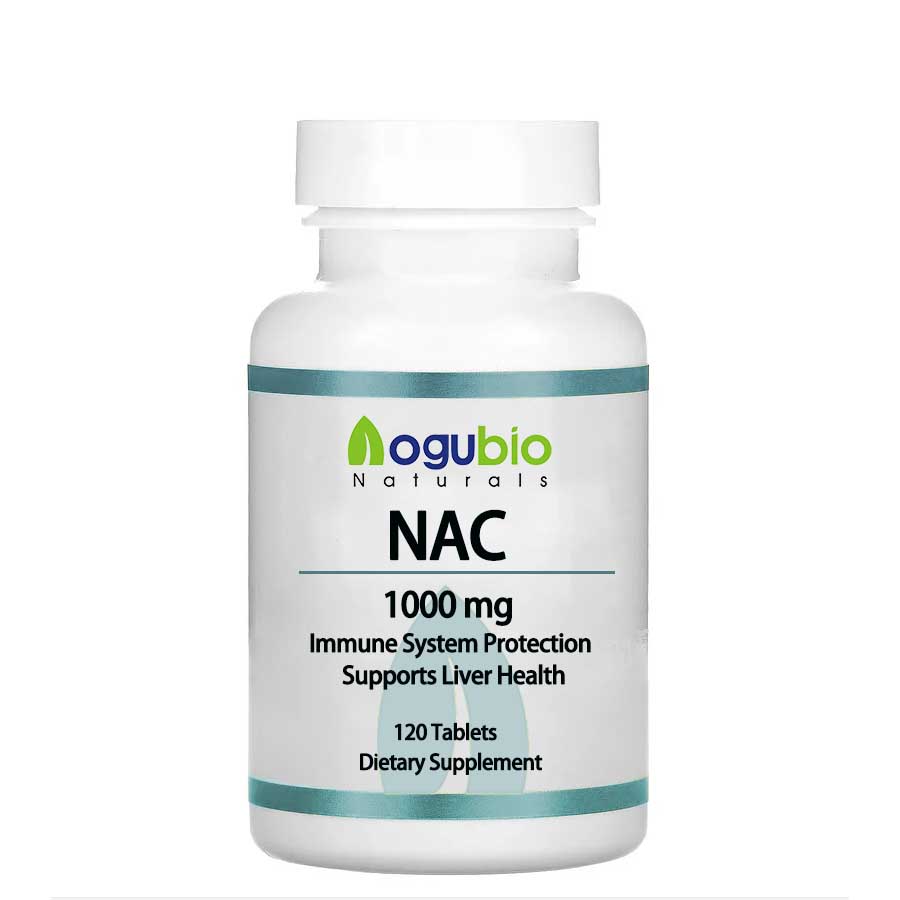
Function
N-Acetyl-L-Cysteine is an amino acid, can be transformed from the body of methionine, cystine can be transformed with each other. N-Acetyl-l-cysteine can be used as a mucilagenic agent. It is suitable for respiratory obstruction caused by a large amount of phlegm obstruction. In addition, it can also be used for detoxification of acetaminophen poisoning.
